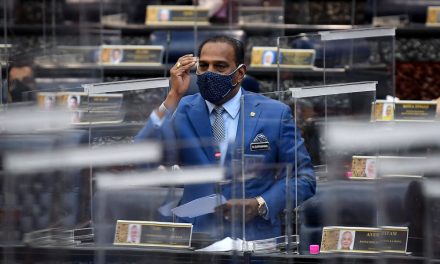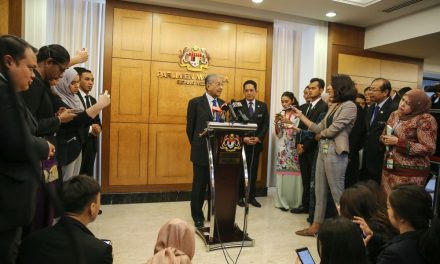KUALA LUMPUR | The Malaysian Employers Federation (MEF) urged the government to have the Social Security Organisation (Socso) or the Employment Insurance System (EIS) instead to fund a proposed three-day paternity leave in the private sector.
MEF executive director Datuk Shamsuddin Bardan said the three-day paternity leave, which the Human Resources Ministry is proposing to be funded by employers, will cost companies RM157.2 million, or RM52.4 million a day.
“The payment should be from Socso or Employment Insurance System where both employers and employees contribute to Socso and EIS,” Shamsuddin told Malay Mail.
He said that any increase in legislated maternity leaves in the private sector from the current 60 days to 98 days as proposed by the Malaysian Trades Union Congress should also be borne by Socso or EIS.
Human Resources Deputy Minister Datuk Mahfuz Omar had told Malay Mail that employers, not Socso, should fund the ministry’s proposed three-day paternity leave that is currently awaiting Cabinet approval. Civil servants in Malaysia already get seven days’ paternity leave.
Five other countries in Asean legislate paternity leave in the private sector, most of which are borne by social security schemes or government.
Singapore provides two weeks’ paternity leave for fathers of children who are Singaporean citizens, with fathers also able to share another four weeks of their wives’ 16-week maternity leave. The parental leave is funded by the government.
Myanmar provides 15 days’ paternity leave, funded by the country’s social security board scheme unless the employee is not a contributor to the scheme, in which case it will be borne by the employer.
The Philippines provides up to 14 days’ paternity leave, comprising seven days funded by the employer and another seven days that can be taken from a mother’s 105 days’ maternity leave that is funded by their Social Security System.
Vietnam provides at least five days’ paternity leave, funded by the country’s social insurance fund.
Indonesia provides two days’ paternity leave in the private sector, funded by the employer, and one month for civil servants.








